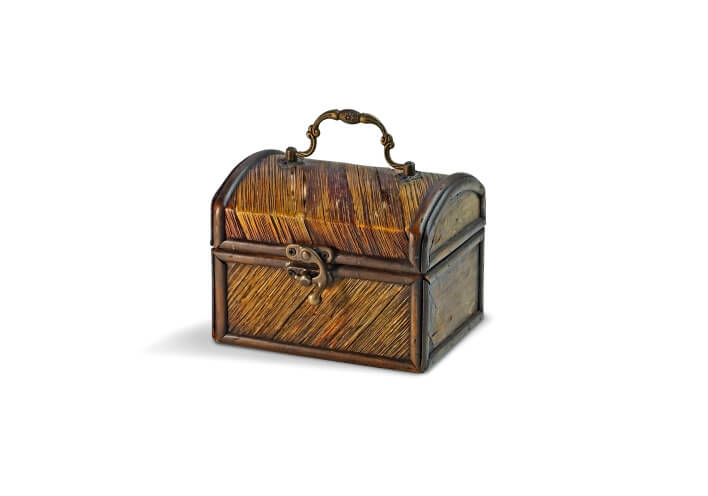I have been researching Aphrodite, one of my favorite goddesses. I put this together based on my research.
Aphrodite was the goddess of love, beauty, and sexuality. She was regarded as the most beautiful and desired goddess in all of Greek mythology. (I think that might be why she fascinates me!)
Aphrodite's origin story is interesting. It's said that she was born from the sea foam created when the Titan Cronus cut off the genitals of his father Ouranos. She was the goddess of love, beauty, and sexuality, with her appearance at times described as pure beauty itself. She is often depicted with a flowing garment that barely covers her curves, and barefooted standing on a pedestal, highlighting her goddess-like beauty.
According to Greek legends, Aphrodite fell in love with many gods, mortals, and even animals, which often resulted in chaotic and tragic events. It is said that she helped cause the Trojan War by causing the love triangle between Paris, the Prince of Troy, and Helen, who was the wife of the Menelaus of Sparta. The story proved her power's influence and the chaos that follows her love.
Aphrodite was also a patron of love and marriage, and apparently married to the god Hephaestus, who fell in love with her beauty alongside all the Greek gods. This marriage was a politically motivated decision of Hera, whose husband Zeus had numerous affairs and that caused constant jealousy between their married life. Needless to say, Aphrodite was having none of it, with her notable lovers being Ares, Adonis, and Anchises.
Aphrodite's influence can be seen even today with countless works of art inspired by her beauty. That is why I love lear about her. She seemed to embody the feminine spirit.




